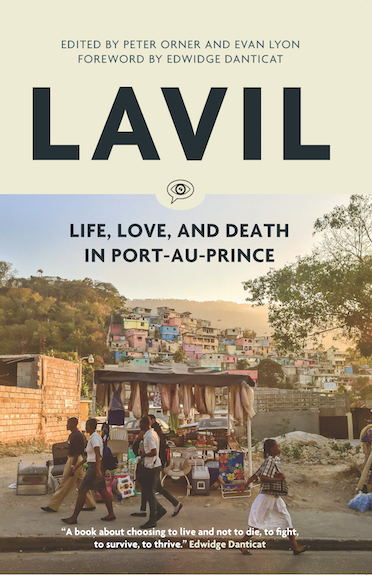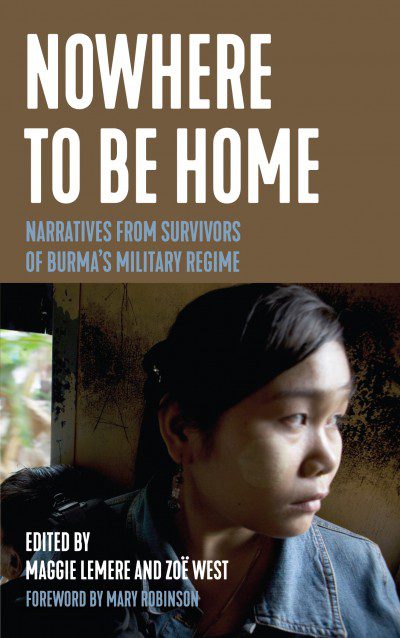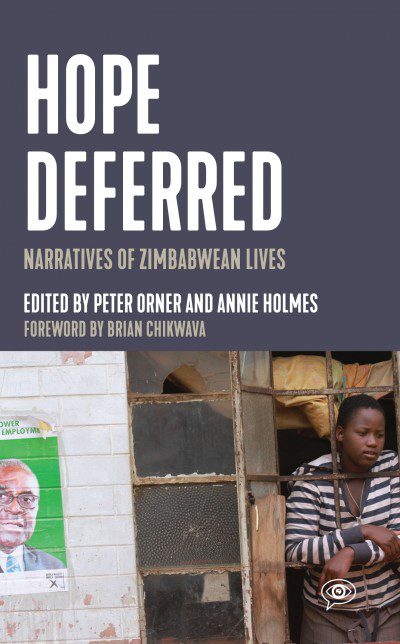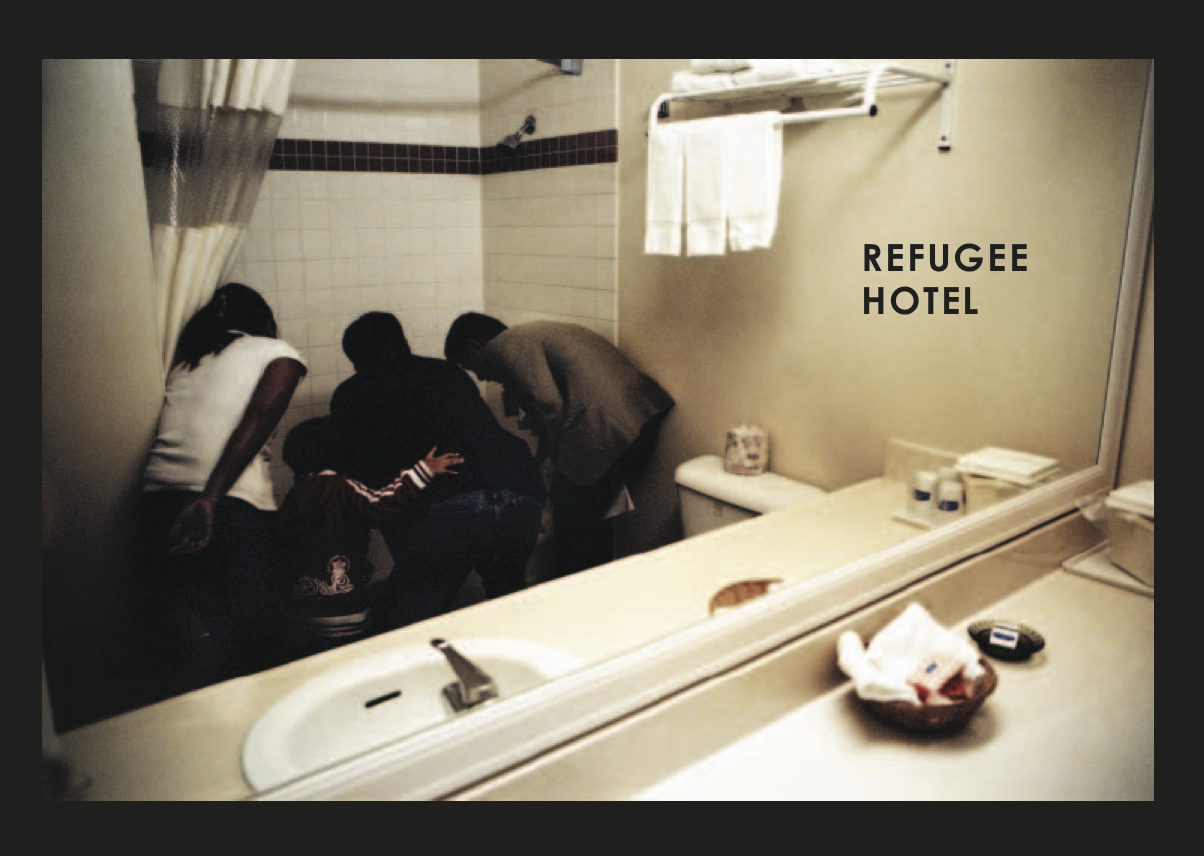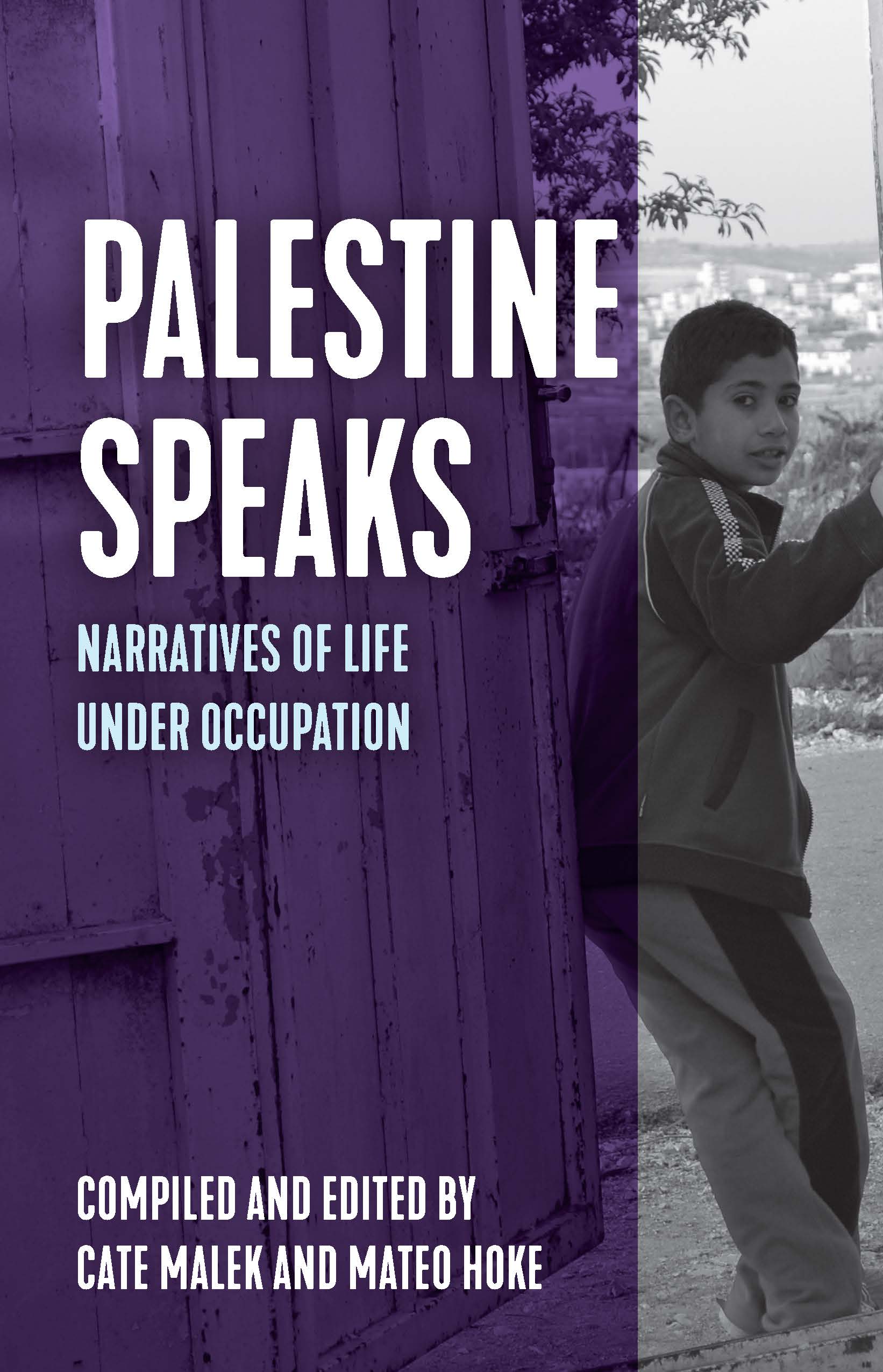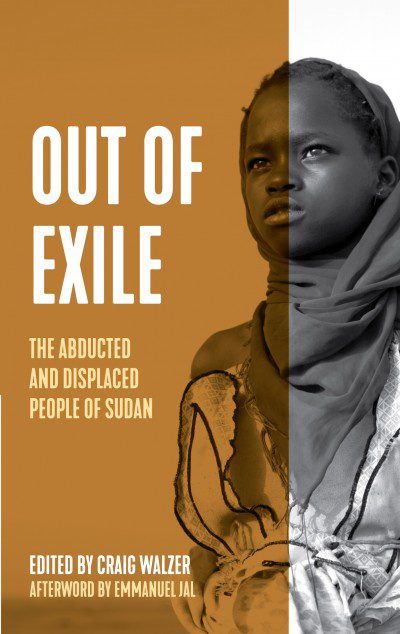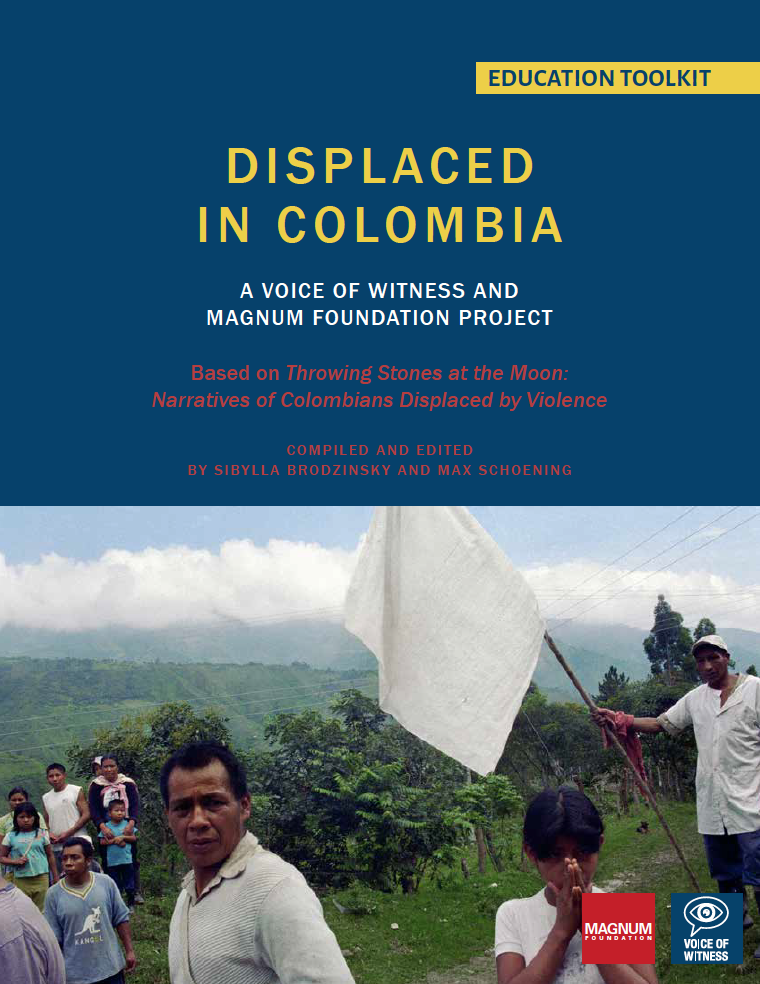Lesson Plans
Lavil: Life, Love, and Death in Port-Au-Prince Curriculum
Using the powerful oral histories, these multidisciplinary lessons invite students to grapple with such topics as colonialism, poverty, government corruption, and the 2010 earthquake.
Nowhere to be Home: Narratives from Survivors of Burma’s Military Regime Curriculum
In this corresponding curriculum, students will examine the rights of political prisoners in Burma, making personal connections and connections to political prisoners around the world.
Cultural and Personal Identity • Economic Justice • Migration & Displacement • Political Oppression & Civil Rights
Hope Deferred: Narratives of Zimbabwean Lives Curriculum
These accompanying lesson plans for Hope Deferred create a point of entry for examining the past and present history of Zimbabwe, a Southern African country struggling with the legacy of colonialism, oppressive political leadership, and a collapsed economy.
Cultural and Personal Identity • Economic Justice • Migration & Displacement • Political Oppression & Civil Rights • Racial Justice
Throwing Stones at the Moon: Narratives From Colombians Displaced by Violence Curriculum
These accompanying lesson plans explore the cultural, political, and emotional realities of being forced from one’s home or country of origin.
Advocacy • Cultural and Personal Identity • Economic Justice • Migration & Displacement • Political Oppression & Civil Rights
Refugee Hotel Curriculum
The lessons incorporate photography, visual art, and critical thinking, as they examine the assumptions that come with the label “refugee.”
Palestinian Voices Lesson Plan
This single lesson plan is designed to center first-person narratives and provide an entry point into discussion on the war in Gaza and Israel’s occupation of Palestine.
Advocacy • Cultural and Personal Identity • Economic Justice • Migration & Displacement • Political Oppression & Civil Rights
Out of Exile: Narratives from the Abducted and Displaced People of Sudan Curriculum
In these lesson plans, the stories and discussion questions for Out of Exile create an opening for students to explore firsthand the internal and external struggles that exiled persons or refugees face.
Displaced In Colombia
Displaced in Colombia is a multimedia project that brings together oral history and documentary photography to explore contemporary first-person stories of people impacted by the decades-long violence in Colombia.
Advocacy • Cultural and Personal Identity • Economic Justice • Migration & Displacement • Political Oppression & Civil Rights

